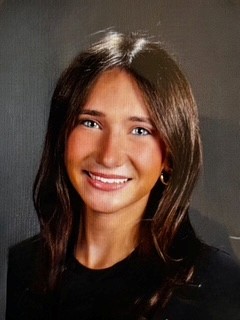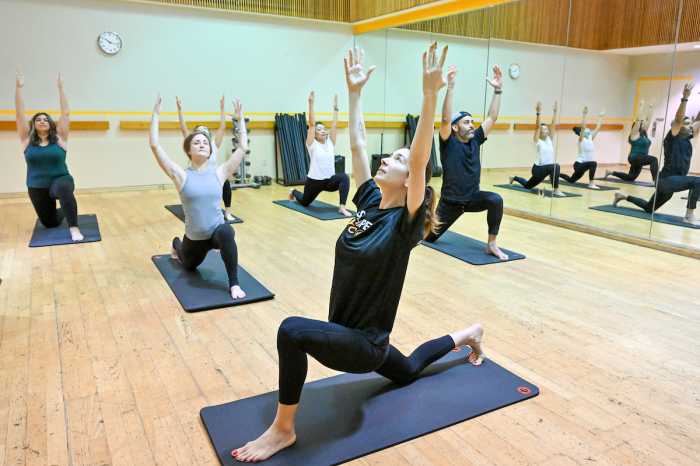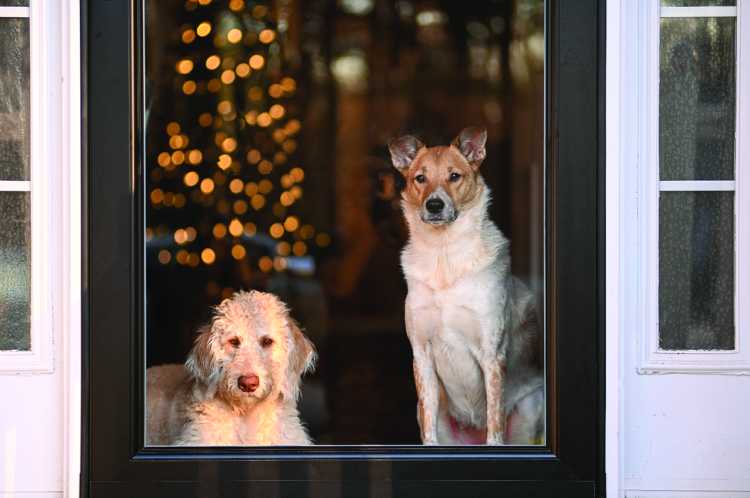
Jeff McQueen and Brent Russell knew their recent two-day couples wellness retreat at a Melville hotel was a success when wives of their clients, most of them recent combat veterans, got in touch during the next week. “They were calling to talk about how much their husbands enjoyed it and how different they were,” McQueen said.
McQueen, 51, of Freeport, a former 82nd Airborne Division paratrooper who deployed to Grenada in 1983, and Russell, 47, of Westbury, a former Desert Storm-era army communications man, are the point men for the Nassau County Mental Health Association’s PFC Joseph P. Dwyer Vet2Vet Program which relies on them and nine paid peer counsellors to provide support and guidance to veterans struggling to adjust to life back home. They run group sessions Mondays (5:15-6:15 p.m.) and Wednesdays (6:30-7:30 p.m.) at MHA’s Hempstead office at 16 Main St.
“We’re not here to fix anybody,” McQueen said. “Nobody’s broken. It’s about supporting someone, helping them to see that we have the ability to overcome our circumstances and move on.”
McQueen said MHA, which is supported by the 80 clinicians, organizations and advocates of the Veterans Health Alliance of Long Island, counselled 1,400 veterans last year and has seen about 600 this year, including more than 100 women. “The majority [of clients] have been Vietnam-era,” he said. “The second largest is post 9/11.”
The program is state funded. It was named for an army medic from El Paso, Texas, who deployed in the 2003 invasion of Iraq but by 2008 had committed suicide after suffering from post traumatic stress disorder and addictions. Suicide prevention is the most important goal of the program, which also is designed to build resiliency, reconnect veterans to family, friends and community, and foster hope.
“A sense of hope,” McQueen said, “that’s what we’re selling. That there is light beyond where you are.”
Asked about the issues veterans have, Russell, a social worker, said, “issues of taking another’s life, survivor’s guilt, having a friend die because of an IED [improvised explosive device] – that’s a big one.” He said of the program, “I would say it’s a big success because we have allowed those who have isolated themselves to get together, bond and talk about issues they probably wouldn’t have talked about anywhere else…A camaraderie develops; it’s almost like a little family. We have a core group that comes. When we start, we talk about current events, their week, do a check-in. Then the group takes its own direction. We talk about some heavy things – what we did, how we survived – then we bring it back with some readings about positive affirmation…We go to Albany twice a year to advocate [for veterans] and that core group comes with us.”
McQueen said, “I measure success on the amount of veterans we contact and by the improvement in the quality of their lives.” Russell and McQueen speak at community centers, clinics and stand-downs (where veterans come for donated food, clothing and medical checkups), looking for clients. They also go to the Veterans Court and the Nassau County Jail, acting as mentors to inmates who are veterans. They ran a Christmas party for clients and their families and plan a barbecue for Iraq and Afghanistan veterans and their families on June 27 from noon to 4 p.m. at Eisenhower Park parking field 6A). For information, call 516-489-2322, ext. 1213.
Russell and McQueen said the paid peer facilitators are carefully screened and trained. McQueen said the program is designed “to enable vets to capture our lived experience to and to deliver our stories in a way that’s beneficial to others. It’s a recovery model that says ‘If I can do it, you can do it.’ “
McQueen added, “the one-on-one’s we do, I only use people who have experience in counselling.” Russell said, “the floor is open to whatever you want to speak about. We’re just there to support one another. I don’t muscle anybody. If they don’t want to talk about something, we talk about other things until they’re ready to open up.”
McQueen said, “We’ve had a few come [to group sessions] and say they want to get involved. You can see the hunger for camaraderie and attention. We try to pull them in. They’ll say they’re coming back, but when we call, they won’t answer…It’s usually the identification of another vet’s lived experience that gels the room. The tie that binds us is that we identify with the fear, the anger, the loneliness or the loss. It’s about feeling and how do I cope with that feeling in a healthy way without drinking, without drugging, without isolating…We did storytelling at the wellness retreat, which I found was the largest icebreaker. It was an intimate group. It was small [10 couples, two single people]. It enabled us to really bond.”
He said of the program, “I don’t think it’s about a destination. It’s about a journey. A lot of vets we encounter are just starting on their journey [after leaving the military]. This puts them on the path. Stay as long as you want, leave when you want. This is about developing a network so that if and when funding stops you’ve found the strength to reach out to others and not isolate, even if it means developing your own groups…If you can identify with someone else, it makes you feel like you’re not alone, gives you a sense of hope. I’ve noticed clothing changes. People come to the program and start dressing better, taking a shower, having pride in themselves.”

































